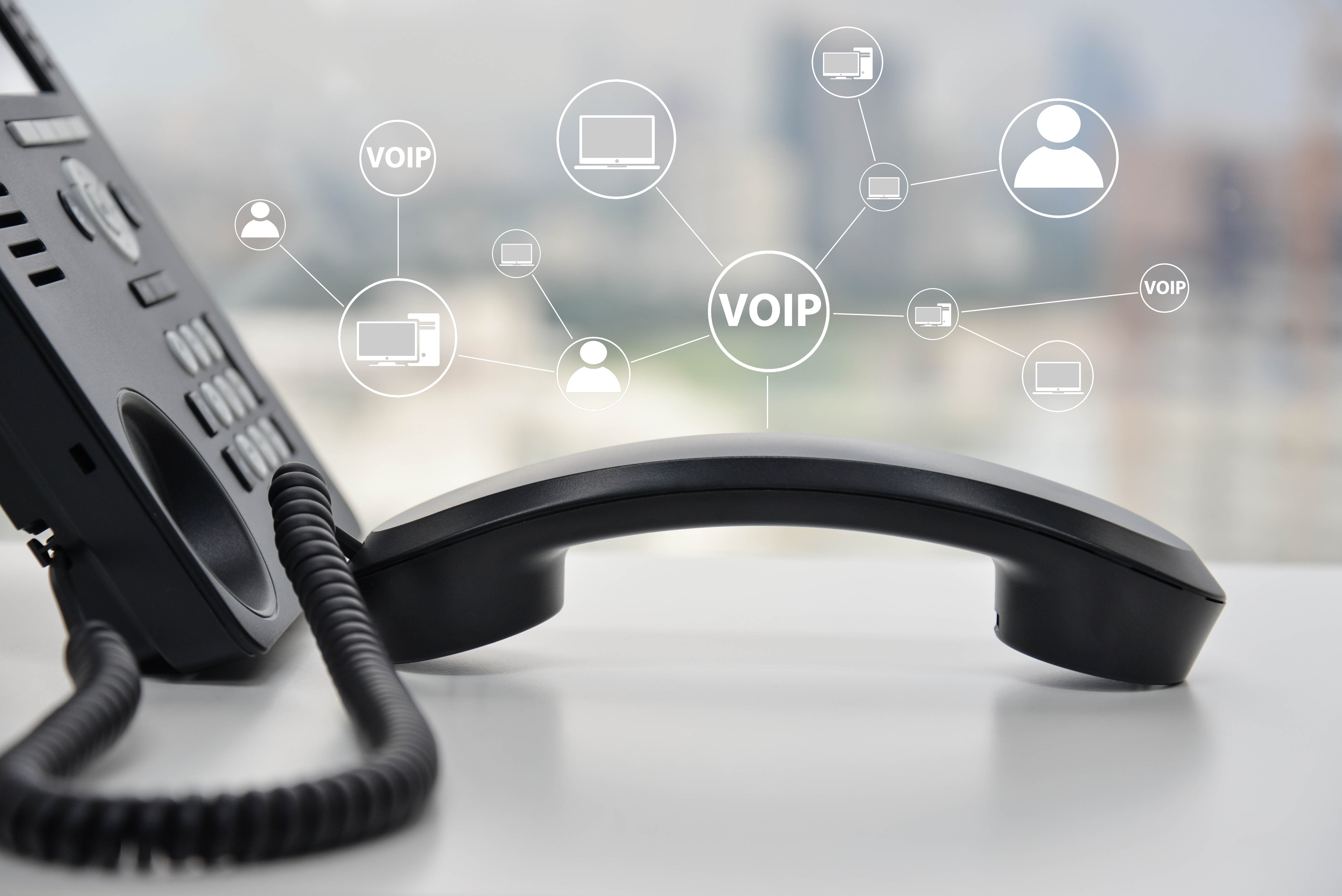Business phone systems have come a long way from manually operated switchboards. Though many businesses can (and do) choose to use more traditional PBX phone systems, cloud-based VoIP systems are quickly taking over the industry. With features such as increased reliability, higher ROI, and incredible flexibility, it’s not hard to see why.
If you’re looking for a new business phone solution or just want to learn more about VoIP and its benefits, keep reading to learn more about this increasingly popular option. We’ll help you understand the basics of VoIP phone systems and how they can improve your business communications.
PBX vs VoIP
First, it’s important to understand the difference between traditional PBX phone systems and VoIP solutions.
Traditional phone systems, also known as on-premise PBX (private branch exchange) systems, rely on wiring and hardware. The phone company installs equipment into a room or storage space within the building and then runs phone lines to each desk. All communication runs through this physical structure, which relies on the building’s power and wiring infrastructure to operate.
With VoIP systems, your phone system runs solely through the internet, connecting communications through cloud-hosted software. Since the phone system exists on the cloud, the solution only requires a reliable internet connection and a connected device, such as a mobile device, computer, or VoIp phone, to operate.
Why Businesses Choose VoIP
Quick and painless set-up
If you have a solid internet connection and an internet-connected device, you can start using your VoIP solution almost instantly. There’s no waiting for hardware installation, no contract negotiations, and very little on-boarding time. Best of all, you can create the exact solution you need, with all the features you want, without additional hassle. You can enjoy minimized downtime as you switch systems and be up and running in no time.
Simple, affordable expansion
PBX systems are both difficult and expensive to expand. You have to add additional hardware, increase the number of lines you pay for, and potentially revise your building’s wiring. With VoIP systems, you can easily add new lines or even new locations by just connecting new devices to your account. You can also add new features and customize your services by adding options to your plan. If your provider offers the capability, you can use it.
Dependable uptime
Downtime is catastrophic to good customer service. With a VoIP solution, you can eliminate the chances and severity of downtime due to system failures. Problems that can affect a premise-based system (power outages, office closures, hardware breakdowns, etc.) aren’t a threat to a cloud-based system. Issues can still occur, but they are faster to fix and solved without any of your input. You won’t need to wait for an available repairman or new hardware to fix the problem. Instead, your provider is always available to address any issues, usually within minutes of notification. You can can enjoy dependable uptime without an additional investment of time or money for maintenance.





